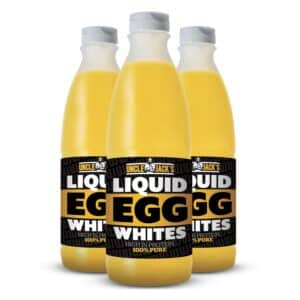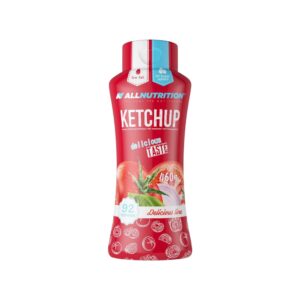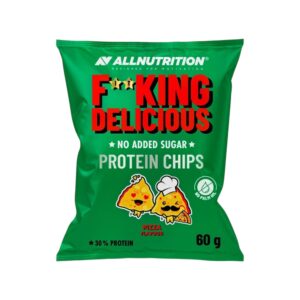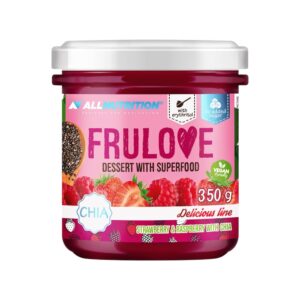Gluten Free
Gluten Free Products
What are gluten-free products?
The word ‘gluten-free’ is increasingly present in the products we consume daily. Quite often, we do not pay much attention to it unless we, or people around us, suffer from celiac disease, or gluten intolerance.
Gluten is an amorphous protein found in the seeds of many kinds of cereal (wheat, barley, rye, triticale, and possibly oats) combined with starch. It is responsible for the elasticity of the flour dough and gives the elastic and fluffy consistency to baked doughs.
People with gluten intolerance suffer from well-known celiac disease, but do we know what celiac disease is and how it works?
Celiac disease (CD) is a permanent gluten intolerance of wheat, barley, rye, and probably oats that occurs in genetically predisposed individuals. It is characterized by an immune-based inflammatory reaction in the mucosa of the small intestine that hinders the absorption of macro and micronutrients. That is why it is so important that people who suffer from it pay special attention to their diet knowing perfectly which foods contain gluten or may contain its traces.
What foods and cereals DO NOT contain gluten?
Generic gluten-free foods are: meat, fish, fruits, vegetables, eggs, legumes, vegetables, milk, potatoes, etc. (unprocessed food at the industrial level). GLUTEN-FREE Cereals: Rice, corn, quinoa, amaranth, millet, sorghum, cassava, buckwheat or buckwheat. If we are celiac, we must always look at the labelling of all the products we buy to make sure that it does not contain gluten.
Here we show you some advantages of eating gluten-free:
Lower blood pressure
Lower cholesterol and triglycerides
Reduced risk of thrombosis and embolism
Better hand-eye coordination, mental agility and development of the brain
Stronger immune system
Beneficial for inflammatory disorders and injuries, allergies, asthma, cancer, psoriasis and bone health
Boosts hair and skin health
Great protein source
Rich in all essential amino acids
B vitamins (B1, B2, B3 and B12) prevent the formation of plaque deposits on the arterial walls
Excellent source of minerals but does not contain sodium, which is related to high blood pressure
Its antioxidants fight ageing and degenerative diseases connected with an old age
Soluble fibre delays the absorption of glucose and cholesterol in the blood and increases the feeling of satiety
Insoluble fibre prevents constipation, diverticulosis, and colon cancer





